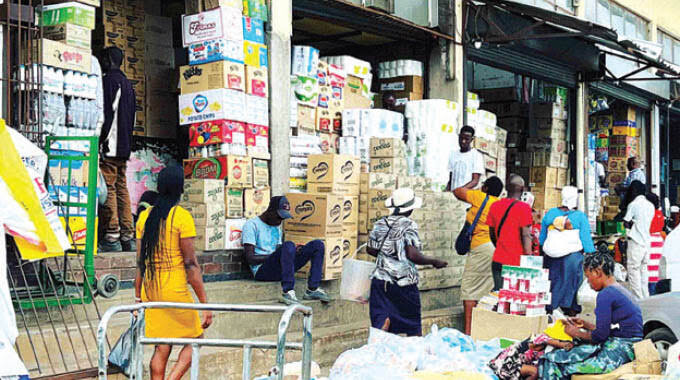In Africa, business doesn’t always wear a suit. It wears an apron, sets up on the roadside, rides a keke, and sells from the back of a van. Across the continent, millions of people run informal businesses small-scale, cash-based, often unregistered, but deeply important. They don’t get media coverage, but they keep cities alive.
Here’s why the informal sector is Africa’s most underrated economic engine:
1. It’s Where Most People Actually Work
In many African countries, over 80% of the workforce operates in the informal economy. From hairdressers to hawkers, tailors to mechanics these are not side hustles. They are real businesses, supporting real families.
2. It Responds Faster Than Formal Markets
When times get tough, informal businesses adapt quickly. A market woman might switch from tomatoes to onions based on prices. A shoemaker might become a mobile repairman. This flexibility keeps local economies resilient, especially during shocks like inflation or lockdowns.
3. It Runs on Relationships, Not Resumes
In the informal sector, trust is currency. Customers buy from someone they know. Young people learn trades from relatives or neighbors. Skills pass through communities, not certifications. It’s business built on connection.
Here’s why the informal sector is Africa’s most underrated economic engine:
1. It’s Where Most People Actually Work
In many African countries, over 80% of the workforce operates in the informal economy. From hairdressers to hawkers, tailors to mechanics these are not side hustles. They are real businesses, supporting real families.
2. It Responds Faster Than Formal Markets
When times get tough, informal businesses adapt quickly. A market woman might switch from tomatoes to onions based on prices. A shoemaker might become a mobile repairman. This flexibility keeps local economies resilient, especially during shocks like inflation or lockdowns.
3. It Runs on Relationships, Not Resumes
In the informal sector, trust is currency. Customers buy from someone they know. Young people learn trades from relatives or neighbors. Skills pass through communities, not certifications. It’s business built on connection.

4. It Needs Protection, Not Regulation Alone
Yes, informal businesses are often untaxed or unregistered. But the solution isn’t punishment it’s support: fair credit, secure spaces to trade, and access to basic services. When supported, these businesses grow. And when they grow, they lift entire neighborhoods.
5. It’s the Future for Millions So Let’s Build Around It
Formal employment is shrinking. But informal enterprise is growing. Governments, investors, and policymakers need to stop seeing it as a “problem” and start recognizing it as a foundation one that deserves visibility, dignity, and voice.
There’s Nothing Small About a Small Business
In Africa, the real economy isn’t always in office buildings. It’s in open-air stalls, weekend pop-ups, and early morning street corners.
If we’re serious about building inclusive wealth, we must stop asking people to “enter the system” and start asking how the system can enter where they already are because Africa doesn’t lack business it thrives on it. What it needs is belief.
Yes, informal businesses are often untaxed or unregistered. But the solution isn’t punishment it’s support: fair credit, secure spaces to trade, and access to basic services. When supported, these businesses grow. And when they grow, they lift entire neighborhoods.
5. It’s the Future for Millions So Let’s Build Around It
Formal employment is shrinking. But informal enterprise is growing. Governments, investors, and policymakers need to stop seeing it as a “problem” and start recognizing it as a foundation one that deserves visibility, dignity, and voice.
There’s Nothing Small About a Small Business
In Africa, the real economy isn’t always in office buildings. It’s in open-air stalls, weekend pop-ups, and early morning street corners.
If we’re serious about building inclusive wealth, we must stop asking people to “enter the system” and start asking how the system can enter where they already are because Africa doesn’t lack business it thrives on it. What it needs is belief.

